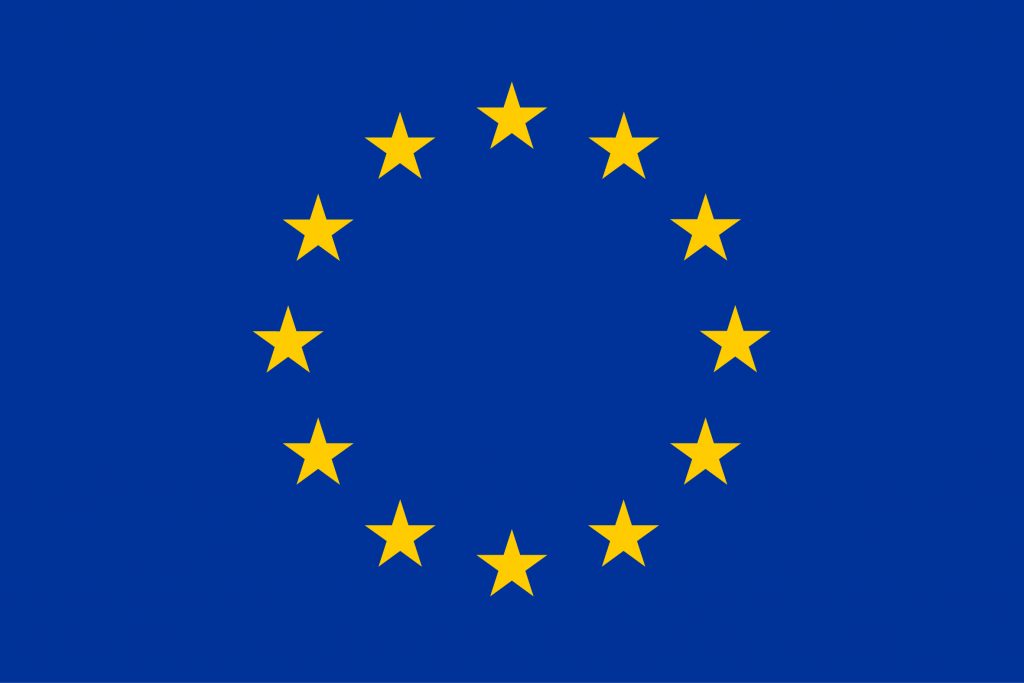ABOUT US
Cities2030
Cities2030 fosters the co-creation of resilient, sustainable, and innovative urban food systems
within the framework of FOOD2030. Employing a multi-actor approach, the project designs progressive policies, formulates action plans, and orchestrates experiments involving researchers, companies, public authorities, civic societies, and citizens.
Consumer choices have the power to guide sustainable shifts in the market. Food system stakeholders engage in a transdisciplinary Alliance and an interactive learning journey that empowers city leaders, researchers, entrepreneurs, and experts to collaboratively construct a citizen-centred model.
An Observatory is established to perceive the urban food system as an interconnected entity, weaving scattered initiatives into comprehensive policies and pioneering
strategies. Furthermore, technologically advanced, and exploitable tools are devised to bolster innovation in the food chain.
Operating through result-driven CRFS Policy and Living Labs, the project propels policy enhancements and innovations, steering leadership towards investments that facilitate a sustainable CRFS transition.
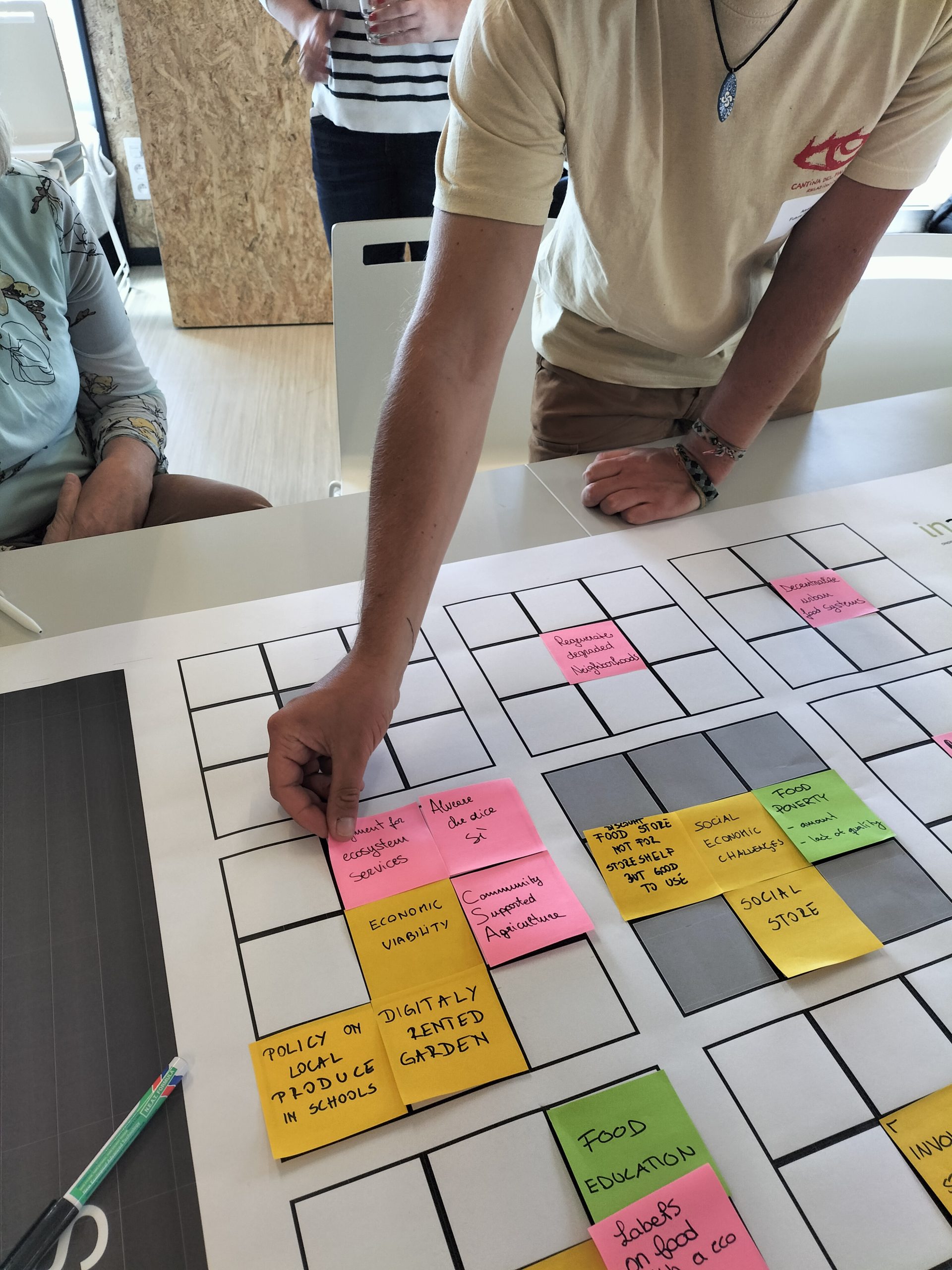
Latest news
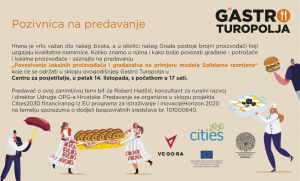
Velika Gorica’s fascinating food system
Velika Gorica Living Lab in action on 14.10.2022.
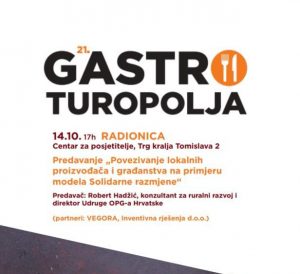
Solidarity Exchange Lecture – LAB Velika Gorica – Croatia
This Friday Velika Gorica LAB will have a presentation on the Cities2030 Project and a lecture on connecting local producers with consumers on an example of Solidarity exchange.
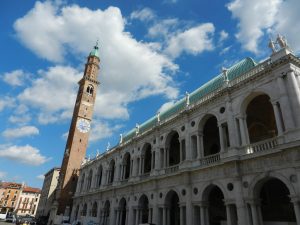
Vicenza subscribes the Milan Urban Food Policy Pact – 27 October 2022
The Municipality of Vicenza subscribes to the Milan Urban Food Policy Pact in the occasion of the public event organised by the Cities2030 Vicenza Food Lab on October 27, 2022.
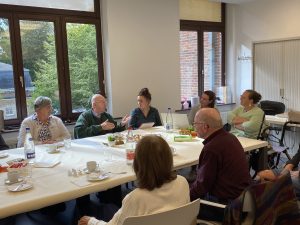
Living Lab Bruges: Kitchen Chronicles: Engaging Elderly Wisdom Through the Language of Food
The primary goal of the Living Lab Bruges is to deliver healthy and sustainable meals to the elderly residing in the Bruges region. This objective
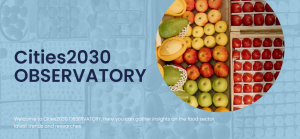
Cities 2030 Observatory 1st Release
Cities 2030 Observatory 1st release has just been issued to the public and is available at the dedicated link. It is an open knowledge repository that will be regularly updated throughout the duration of the project.
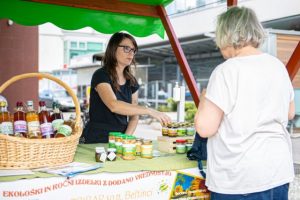
From village to city!
With the “from village to city” activity within the project Cities2030 the Municipality of Murska Sobota wants to restore the city’s soul and revive the
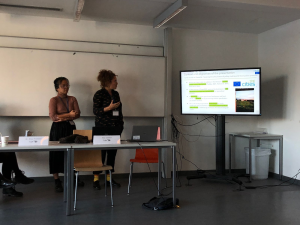
From October 5 to 7, the Cité de l’agriculture participated in SEEING LIKE A CITY
From October 5 to 7, the Cité de l’agriculture participated in SEEING LIKE A CITY // SEEING THE CITY THROUGH, organized by the European Sociological
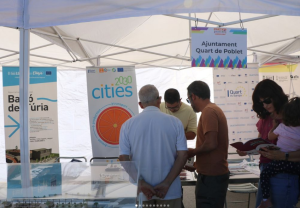
Trade Fair 2022 – Quart de Poblet
The trade fair serves as a vital link between the community and the thriving local businesses of Quart de Poblet, fostering a sense of unity

Pitch event – Taste Day
Vejle Municipality / Culinary Institute by Vejle Erhverv host TASTE DAY as part of a broader effort to promote understanding of taste and nutrition in
Cities2030 Consortium
A broad, integrated, and transdisciplinary consortium comprising 41 partners and 3 linked parties, coordinated by the University of Ca’ Foscari of Venice, is currently developing the Cities2030 project, for the co-creation of resilient, sustainable, and innovative urban food systems within the framework of FOOD2030. Universities, research centres, cities, regions, development agencies, cultural and social associations, companies and experts, active in the FOOD SYSTEM are actively co-operating with the main goal to innovate FOOD POLICIES and sustainable PRACTICES, advacing new
patterns, techniques and digital. The Consortium is experimenting with new governance models, placing consumers in the core of their actions to improve the sustainability of pilot CRFS (City Regions Food Systems) and evolve the pilot Living Labs, assuming to reach 50 CRFS LABS willing to follow the project and its results.
Vision
The project Cities2030 envisions a future where city-regions worldwide embrace sustainable, healthy, and inclusive food systems. Aligned with FOOD 2030, the New Urban Agenda, and SDG 11, it pioneers policy solutions, using multi-actor participation and system thinking. CRFS LABS are hubs for evidence-based policy-making. Action plans, co-designed by government departments, align with FOOD 2030 goals. Digital tools enhance efficiency. An Alliance and expert groups drive policy innovation. Over 50 CRFS Labs form a global network, advocating for sustainable food systems. The project promotes behavioural change for healthy diets, responsible production, and consumption, fostering long-term transformation.
Approach
Cities2030 promotes citizen engagement, transforming passive consumers into motivated change agents through a trusted City-Region Food System (CRFS). This approach fosters connections within the rural-urban context, addressing the entire value chain from production to waste management. It advances dynamic relationships between livelihoods, economic development, food security, nutrition, social inclusion, equity, and resilience within a multi-scale framework encompassing economic, environmental, and social conditions. Cities 2030’s approach is built on these principles, aiming for holistic, sustainable urban food systems.
Results
Over a span of four years partners will be working on developing labs, conducting a series of experiments and creating smart-tools aimed at enhancing policies and practises within the CRFS. Within a large actionable, deployable and transferable result framework, the following key results will be achieved:
CRFS Alliance
The CRFS Alliance is a network of actors and stakeholders, encompassing the food value chain. It operates as a community of practice and as a platform for know-how exchange
CRFS Observatory
The CRFS Observatory is an open-access platform where users can readily access comprehensive information, studies, policies and food-related data.
CRFS Labs
CRFS policy and living labs have been developed to introduce innovative policies and to facilitate the co-creation and the testing of sustainable innovative solutions.Explore the outcomes of these labs on the community platform
City-scale pilots
A series of city-scale pilots have been initiated to test the proposed frameworks and to extraxct valuable insights for their validation
Systems thinking
An innovative and tailored System Thinking methodology to collaboratively address problem-solving challanges in the food sector with a specific focus on CRFS dimention will be introduced
Data-driven CRFS
Smart Tools, including cradle-to-cradle data-driven solutions and Digital CRFS Management Platform based on Blockchain Technology will be designed and delivered

